
If you grew up counting every penny, chances are you still think twice before spending on “small” conveniences. Those early habits last forever and tell a powerful story about your background. Are you ready to see which ones still shape your choices today? Keep reading.
Brand-Name Cleaning Products

Why pay for a logo when a plain-label product works just as well? People raised on tight budgets still ask that question instinctively—and often for good reason. Generic cleaners share the same active ingredients and performance, making label-checking before buying a lasting habit, not a phase.
High Delivery Fees

When every cent once counted, delivery fees felt excessive. Years of budgeting turned pickup runs into a rule—a small ritual of control and thrift. Even with comfort now within reach, the idea of paying extra for something you can handle yourself never feels entirely right.
Multipack Of Socks
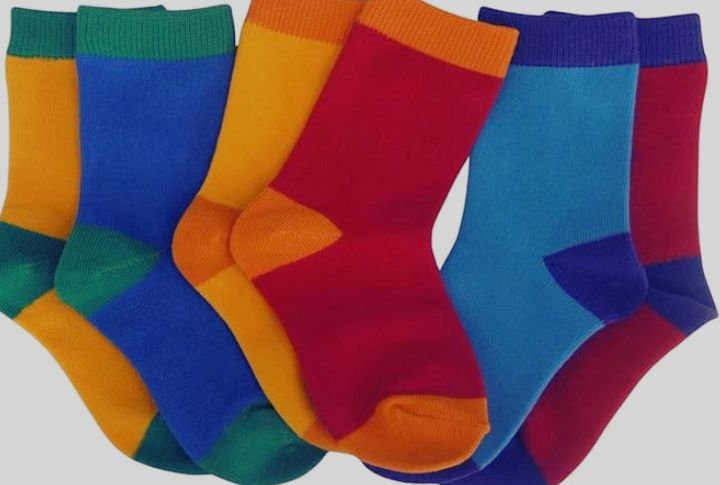
Bulk sock packs signal practicality. Back when replacing clothes was a struggle, multipacks offered security and value that stretched every dollar. The habit endures, and it favors sturdy, affordable basics over designer pairs that wear thin quickly and demand higher upkeep for the same purpose.
Paper Towels
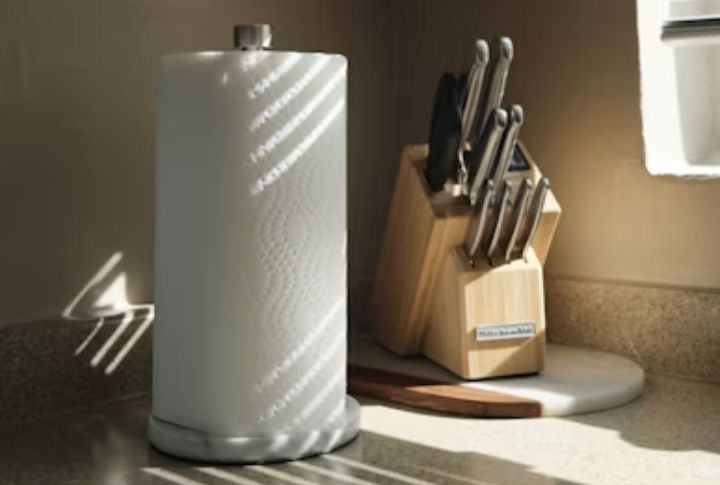
Here’s another “you don’t need it” item for this lot. Cloth rags worked just fine. As a matter of fact, they are far more sustainable than paper towels. Old T-shirts and worn linens handled cleaning duties repeatedly, and this saved money and reduced waste.
Full-Price Greeting Cards
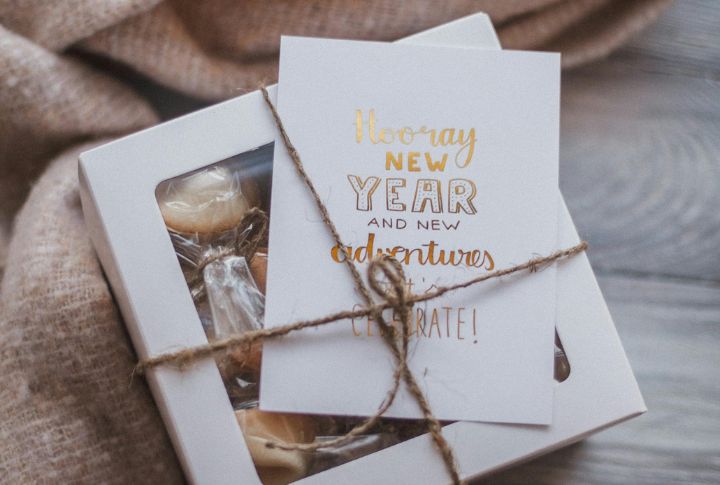
Handmade cards once filled the gap when store-bought ones felt too costly. Drawing or writing personal messages became the norm, adding a layer of genuine sentiment. Even today, spending five dollars on a single card seems wasteful when heartfelt effort holds more meaning than printed verses ever could.
Bottled Water
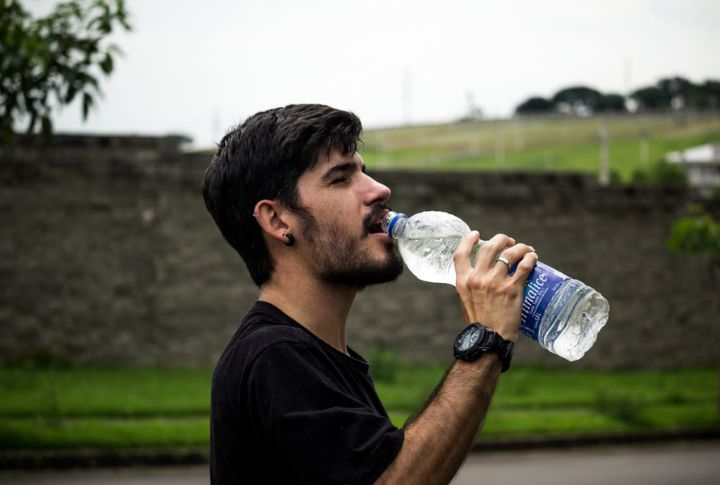
Thirsty? Tap water—filtered or not—does the job just as well without the premium of a labeled bottle. A reusable one makes the smarter choice, and it signals practicality while saving both money and the quiet guilt that comes with unnecessary spending.
Car Or Bike Parking
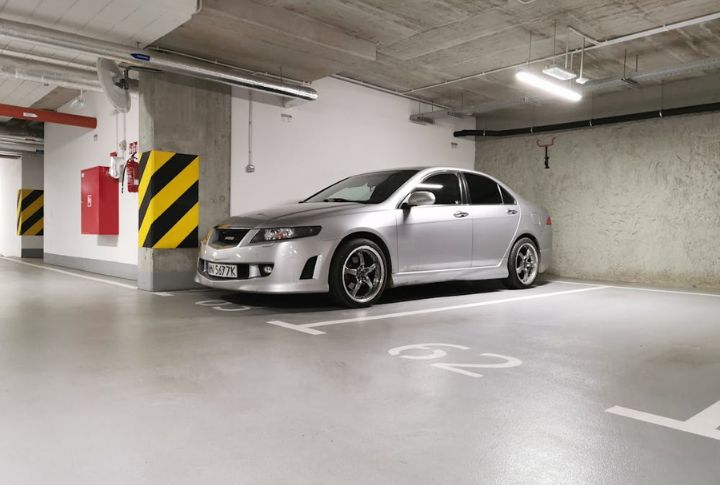
Choosing free street parking over paid lots comes naturally to those raised in poverty. Years of watching expenses shaped a reflex for thrift that still guides small choices like this. Even a short detour on foot feels smarter than paying for convenience once deemed unnecessary.
Pre-Cut Fruits Or Vegetables
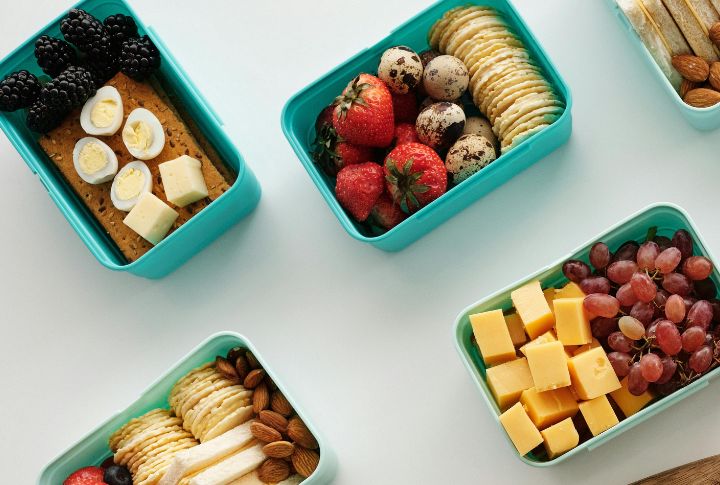
Pre-cut produce often costs twice as much per pound as whole fruits or vegetables. Plus, the convenience comes at the intangible cost of a shorter shelf life. Cutting it yourself saves money, keeps ingredients fresher, and turns trimmings into something useful—like compost or flavorful additions to homemade broth.
Disposable Kitchen Gadgets
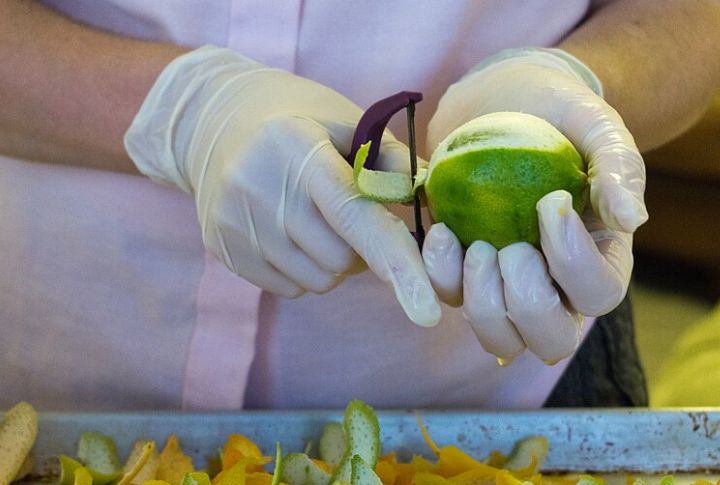
Single-use gadgets like peelers or slicers rarely tempt those raised to “make do.” Knives and spoons once handled every kitchen task and proved tools weren’t the problem—waste was. That outlook often endures and favors practicality over novelty, especially when drawers now overflow with options.
Brand-New Furniture
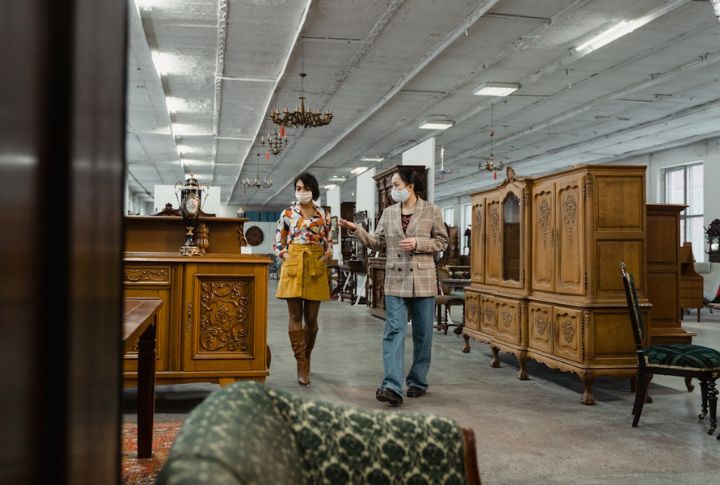
Secondhand furniture still feels like the smarter purchase. Here’s why? Sanding brings back life, and repainting adds personality. Finally, the reupholstering creates comfort for a fraction of the cost. Now, if one chooses to flip and sell, this act also becomes an income channel.
